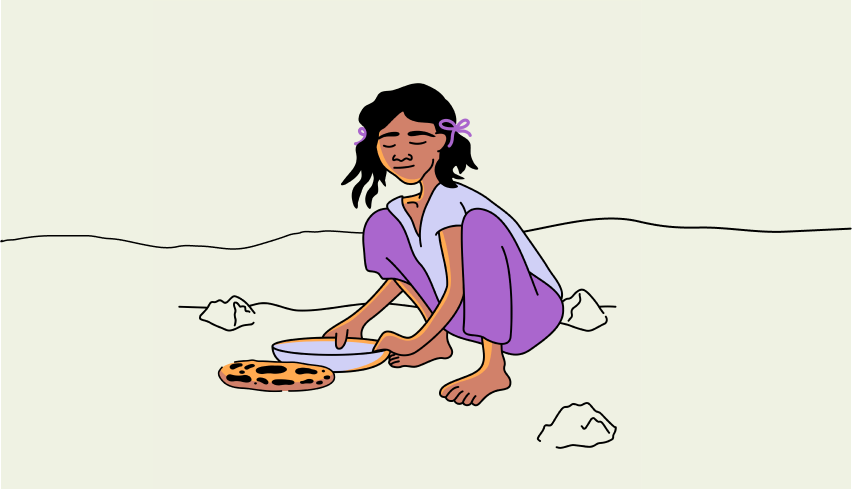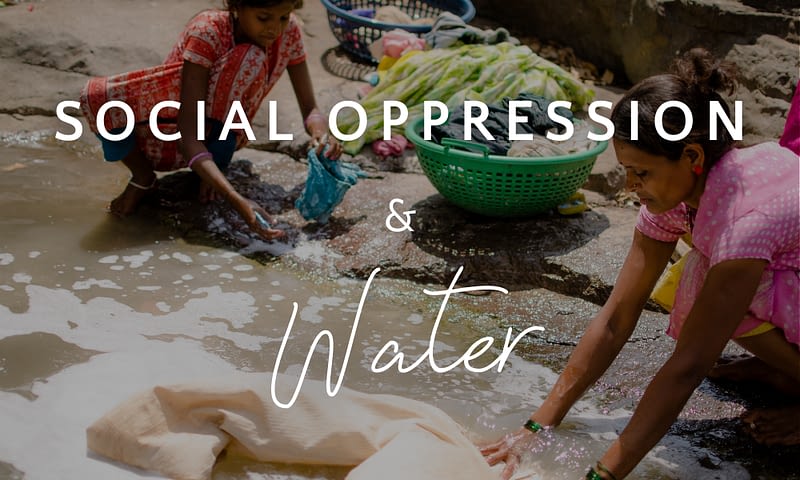Written By: Christie A.
Social Oppression is unfairly treating a person or group of people who are different from other people or groups of people. A few examples of social oppression include racism (treating people differently based on their skin color or ethnicity), sexism (treating people differently based on their gender), religious persecution (treating people differently because of their religion) and economic oppression. (treating people differently based on their income)
With this definition and shared understanding of Social Oppression, we want to look at ways that water, or rather the lack of water is used to oppress people. If you are reading this from the US, or another nation with wide-scale water infrastructure, public utilities and around-the-clock access to water, the thought of water being used as a tool of oppression may be a new one. However, if you live in a country with water scarcity, the reality of water oppression is a very real thing. As with any limited resource that is vital to life, when there is a scarcity, it becomes political, it becomes divisive and it becomes a fight.
Working to get communities access to water, we discover much discrimination and social oppression taking place around the access to water. The first time we encountered it, we were surprised, and yet time and time again we find it true… over and over again. A few years ago, we were going through water well requests, applications that had been submitted by communities desperate for water. One community captured our heart when they expressed that they were from a “lower caste” and they were having to beg for water from a neighboring “upper class” area that had a private well. Hundreds of people were facing daily discrimination and the whole time they would wait for water they would be spoken to hatefully. This led the women in this community to get up in the middle of the night and fill their water pots so they wouldn’t be harassed. We drilled a well for this community, and within three months of drilling a well the “upper caste” private well ran dry, leaving the rest of the community needing water. There was enough water flow on this new well that the whole community was able to share and the bonds of social oppression were loosened in a small way.
You might be left with the question, “why did the ones with the new well share?” See, we require communities requesting wells to sign agreements that the wells we provide will not be used as a tool of discrimination and that free and fair access to all will be given to any source of water provided regardless of race, religion, sex, socioeconomic status…One of the incredible testimonies we hear after we drill a water well is that it is a tool of peace within communities. Because free and fair access is granted needs are met and a tool of social oppression is dismantled.
Our stance again water oppression is just one of the many safeguards we have in place to ensure high-quality social projects. Read more about our project Standards of Care here, and how we work to ensure your donations are used in responsible ways to help at-risk children.
To Learn More about Social Oppression – Check Out These Resources
Learn about The Power of Clean Water






